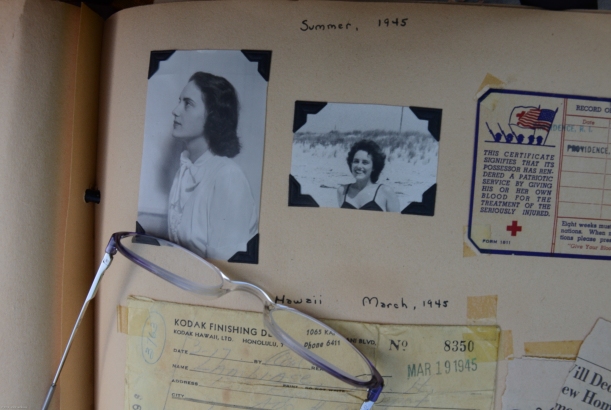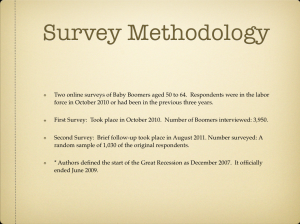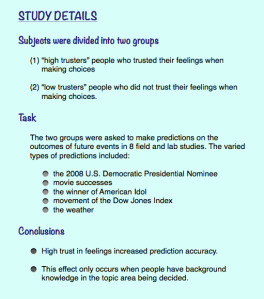I enjoyed an AAII presentation given by Robert Powell, a well-known writer and editor on retirement topics. Or as he calls it “The most depressing job in America.”
He gave a lot of useful information on the usual retirement themes. But one point that stood out for me was the importance of passing on your values and the lessons you learned to your family.

A Young Woman
Here are links to two articles he wrote on the subject that I think you will find interesting:
For this post, I’ve included some photos of a scrapbook my mother-in-law, Augusta, put together decades ago. (Click on a photo to see a slideshow.) I enjoyed hearing the stories associated with the treasures in the collection. It helped me understand some of her experiences and those of her peers.
Below is a transcript of the some brief remarks I made at my father-in-law’s celebration of life service. This was my attempt to pass along some of his life experiences and values to his grandchildren. There were a lot of lessons to be learned from the way he worked his way through college in the Great Depression, and medical school. And as soon as he finished his internship, he was off to serve in World War II as a battalion surgeon on Okinawa Island. I hope you find it interesting.
Joseph J. Lambiase, M.D. Celebration of Life
Like many of you today, I can tell you many stories that illustrate the kindness, empathy, love, and humor of my father-in-law, but I figured you would hear enough of those today.
What I want to share is a very short tale, of a young man who pulled himself up by the proverbial bootstraps. Joe never bragged about what he did but I found his stories of the past so interesting that I would often ask him about his experiences. His life and values, like the rest of his generation, were colored by the struggles of the Great Depression where he learned to work as a teenager and give his wages to his mother to help the family.
I remember I once asked him how he decided to become a doctor and he told me, “My mother told me to be a doctor.” I thought that was kind of funny since you don’t hear of many young men who listen to their mothers. So, the first step to becoming a doctor was to go to college. He went to Brown University. One important reason he went there was that he could walk there because affording carfare was out of the question. He worked during the summers to afford tuition. When he ran out of money, he’d take a semester off until he could scrape together tuition money. The challenges didn’t stop him from graduating with honors.
I found his stories of his medical school training in Washington, DC the most fascinating. To cover room and board during this time, he worked through the night at the hospital every other night after doing his regular duties during the day. He said, “That covered room and board, but if I needed cash for something, I’d sell my blood.” He had a pretty, young sweetheart in Rhode Island for whom he bought a string of pearls by selling his blood.
I remember his stories of being sent out as a medical student into the apartments of poverty-stricken women of Washington, DC to delivery babies while rats scurried across the floor. He told of the streetwise nuns who worked in the emergency rooms “who really knew their stuff.” The sweltering heat of Washington DC summers nights led to many sleepless nights, where he would walk to the river in a futile attempt to find respite. He never complained or bragged about these experiences but just stated them matter of fact manner when he was asked.
Later, he and his sweetheart Augusta married, and together, with old-fashioned values of hard work, frugality, sacrifice, and love contributed in countless ways to the well-being of their family. In the interest of time, I won’t go into detail. But I just want to say how utterly I was affected by kindnesses shown to me by both Joseph and Augusta and how grateful I am that they are the grandparents of my children.
As Malcolm Gladwell stated in the book Outliers, we are who we are, in large part, because of the sacrifices of those who went before us. We never accomplish anything truly on our own. It is easy to overlook a quiet, modest person like my father-in-law, who went about doing the difficult but not very glamorous work of day-to-day life. But all the good, long-lasting things in life are a result of the sacrifices of ordinary people who choose to live an ethical life. As we take time to honor the life of Joseph John Lambiase today, I would like to conclude by asking his grandchildren to follow in his footsteps and live lives dedicated to hard work, sacrifice, humor, dedication to family, and love.

Fun at a Concert — Tommy Dorsey’s Autograph

President Roosevelt Passes Away

Scenes in a Soldier’s LIfe

World War II Ends

A Young Woman
This gallery contains 1 photo.





















